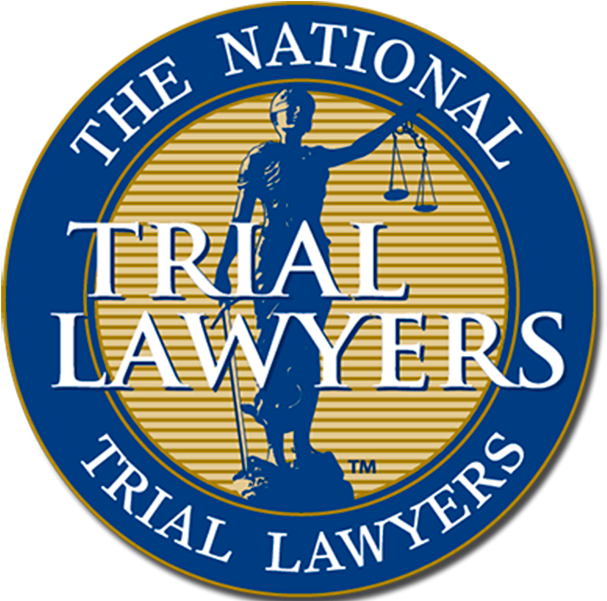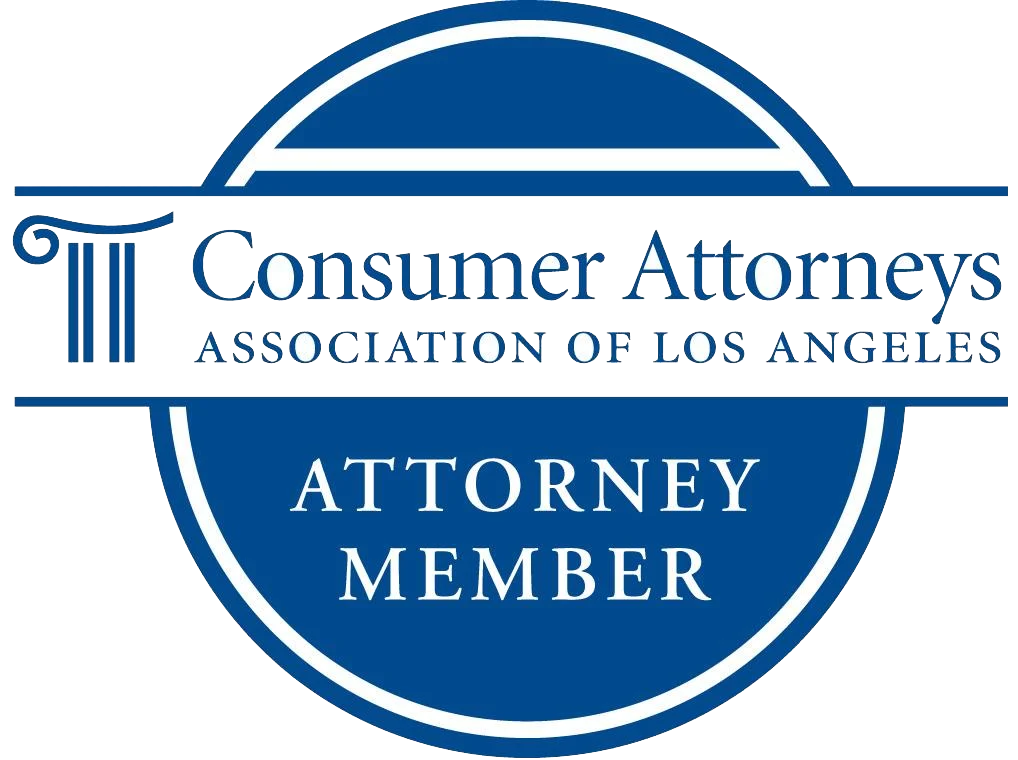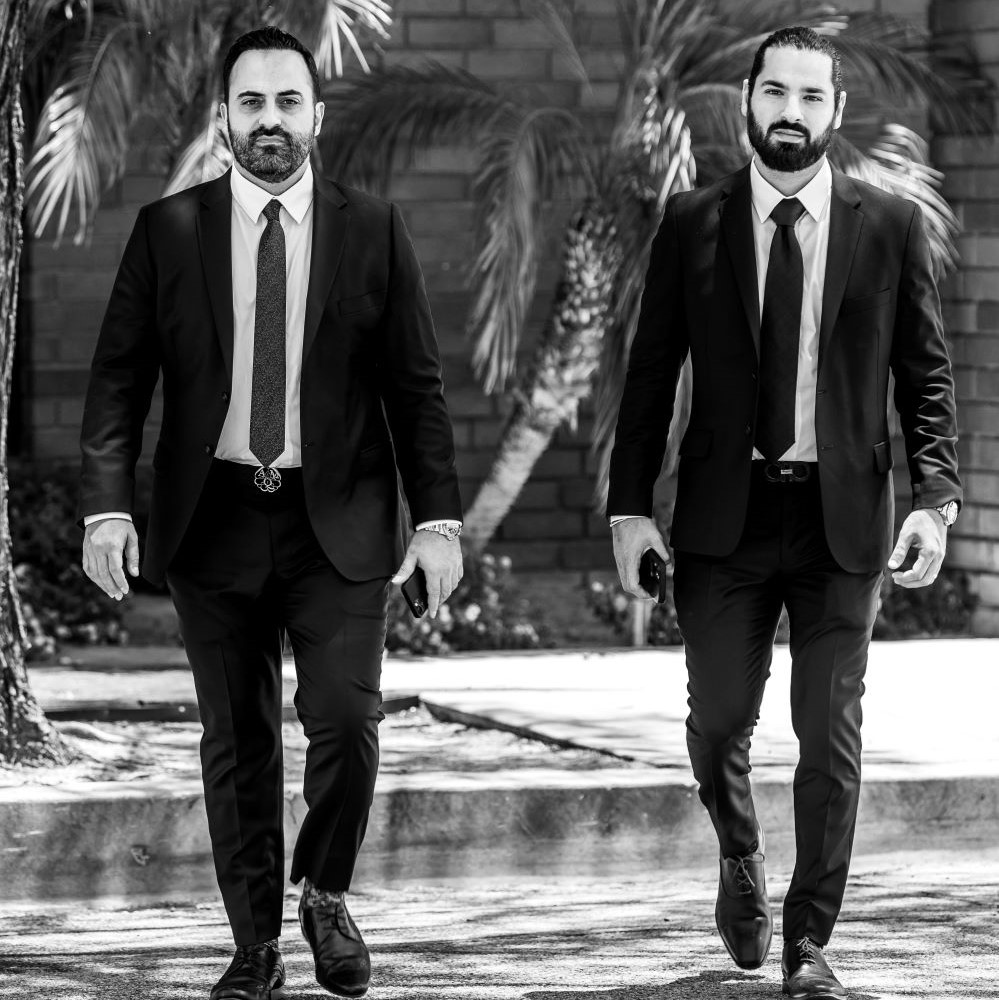How Digital Evidence Shapes Wrongful Death Litigation
Digital evidence can create an online footprint and, in some cases, a detailed timeline of the events that led to a sudden demise. It can








Contact us online or call (818) 507-8525 today to schedule your free case evaluation.

At KJT Law Group, we recognize that no two cases are exactly alike. While we draw on an extensive and varied legal background when representing our clients, we also employ innovative legal strategies tailored to each client’s unique needs, concerns, and goals. Our firm is not a mill. Rather than accepting and quickly settling as many cases as possible, we limit our overall caseload to better provide our clients with the level of care, attention, and support they need.
Our attorneys believe that the best cases are those built on proven evidence. Whether you were injured in a car accident, hurt on the job, or had your rights violated by an employer, we will conduct an exhaustive investigation to determine what happened and who is at fault. By gathering all available evidence and examining every possible source of compensation, we are able to help our clients maximize their recoveries so that they can move forward with their lives.
We are dedicated to achieving the best possible results for our clients. As skilled negotiators, our attorneys are adept at securing high-value settlements for their clients. However, we also realize that settling is not always possible. When this is the case, our attorneys have the resources and proven trial experience to represent you in the courtroom. Unlike many other law firms in the area, we do not refer cases; we try them—and we have a long, proven track record of success.
As a plaintiff-only law firm, we never lose sight of why we do what we do: to help ordinary individuals protect their rights and secure the justice they deserve. At KJT Law Group, we prioritize our clients and their needs above all else. Our team will be there to listen to you, guide you, and advocate for you every step of the way. We treat every client like our only client and make it our mission to help ensure your experience with our team is a positive one from start to finish.
If you need help filing a personal injury lawsuit or workers’ compensation claim, seeking backpay for unpaid wages or overtime, or navigating a dispute with your property manager, do not hesitate to contact KJT Law Group today. Our Los Angeles attorneys can assist you in the initial stages of filing a claim and are ready to fight for you throughout the entire legal process. We will handle every detail so that you can focus on healing and moving forward.
There is absolutely no cost and no obligation in speaking to our team about your potential case. We are available 24/7 and provide legal services in English, Spanish, and Armenian for your convenience. Reach out to us today to schedule your appointment.
Call (818) 507-8525 or fill out and submit a free online contact form.
Digital evidence can create an online footprint and, in some cases, a detailed timeline of the events that led to a sudden demise. It can
Los Angeles has its fair share of car accident lawyers. However, only some attorneys will be a good fit. You want to pick the car
A heart attack misdiagnosis often leads to more serious injuries or even death. Patients who suffer preventable injuries have legal options after a medical misdiagnosis,
The information on this website was written as advertising material and is intended for general information purposes only. Nothing on this site should be taken as legal advice for any individual case or situation. This information is not intended to create, and receipt or viewing does not constitute, an attorney-client relationship.
@2023 KJT Law Group by Legal Soft